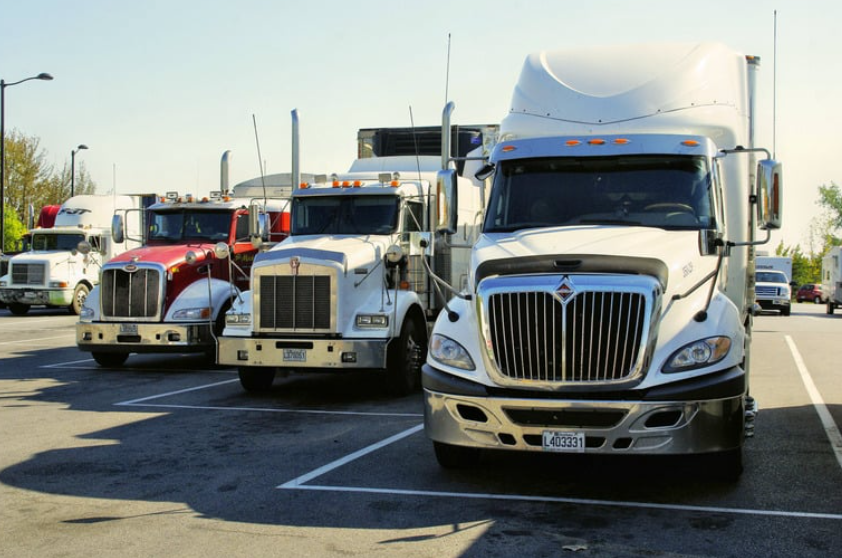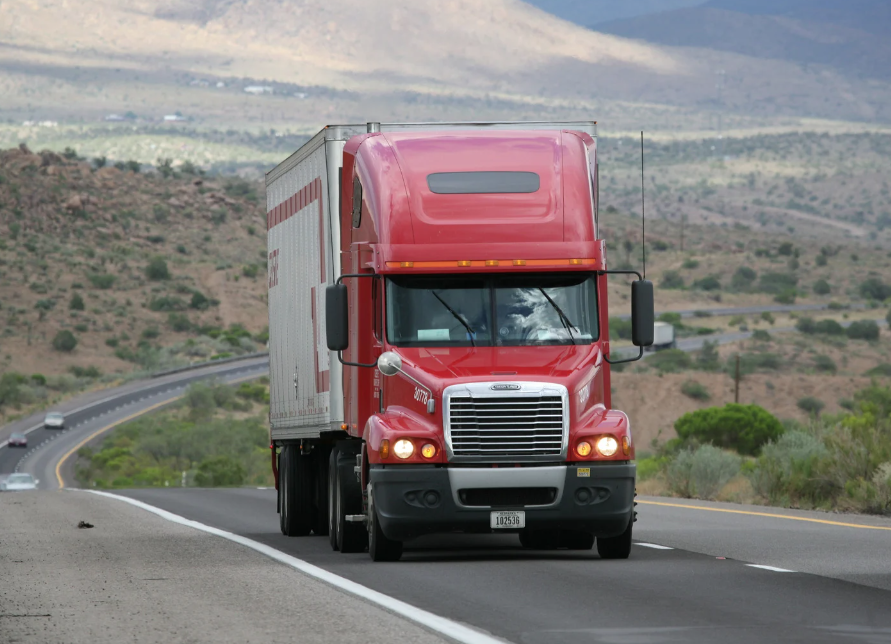Truckload Fleets Cutting Expenses
A big drop in fuel prices helped mitigate cost increases in labor, insurance, and maintenance at truckload fleets.

Key Observations
- Labor costs rose just under 4% YoY but stayed around the same percentage of revenue. Fleets were proactively cutting staff as freight volume and revenue dropped.
- Operating supplies and maintenance costs were up over 13%, despite fewer miles. This signals both an increase in parts and service costs as well as longer trade cycles on trucks and trailers.
- Purchased transportation dropped in dollar amount but increased the most as a percentage of revenue. With increasing uncertainty around freight rates and volumes, carriers were choosing to use more independent contractors and reducing their owned truck fleet.
- Fuel costs were down almost 14% and represented a lower percentage of revenue. The fuel price drop impact was mitigated by a drop in fuel surcharge revenue. Dedicated fleets saw less deterioration in fuel surcharge revenue than the one-way sector.
- The average increase in insurance costs was 4.3%, but that understates the increases for most truckload carriers. Knight-Swift skewed the numbers with a 24% decrease in insurance costs YoY. Most other fleets saw double-digit increases. Insurance costs have been rising steadily for the past few years and are now over 5% of revenue at most truckload carriers.




Comments ()